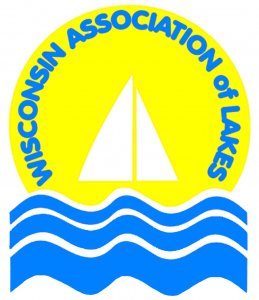Wisconsin Lakes – Our Mission
History and Mission
 Formed more than 20 years ago following the merger of the Wisconsin Federation of Lakes (the statewide association of lake associations) and the Wisconsin Association of Lake Districts Wisconsin Lakes works to develop statewide solutions for the challenges faced by our lakes while supporting strong local protection efforts. Our work has centered on legislative advocacy for strong statewide policy on clean water and lake sustainability for future generations, as well as a robust education and technical assistance programs for citizens, lake organizations, government officials, and others.
Formed more than 20 years ago following the merger of the Wisconsin Federation of Lakes (the statewide association of lake associations) and the Wisconsin Association of Lake Districts Wisconsin Lakes works to develop statewide solutions for the challenges faced by our lakes while supporting strong local protection efforts. Our work has centered on legislative advocacy for strong statewide policy on clean water and lake sustainability for future generations, as well as a robust education and technical assistance programs for citizens, lake organizations, government officials, and others.
We can all agree our lakes are a precious natural resource and one of Wisconsin’s top attractions. And, with the recent sunset of a long-term contract with the DNR to provide broad technical assistance, we are now entering an exciting new phase of lake advocacy and protection. Our plans include building targeted programs around organization building for lake groups, aquatic invasive species prevention, over-pumping of groundwater, and promotion of practices to improve habitat and shorelands to protect the overall health of lakes. Wisconsin Lakes is working to maximize its impact by amplifying the good work of all of our individual and lake association members.
Mission
The Mission of Wisconsin Lakes is to conserve, enhance and restore Wisconsin’s lakes to ensure their sustainability for the benefit and collective use and enjoyment for this and future generations.
Values
We hold these values as the cornerstones of our organization. Wisconsin Lakes:
- Embraces the Public Trust Doctrine as the fundamental basis of Wisconsin’s navigable water policy;
- Believes that an informed, engaged public is necessary for effective advocacy for lake issues;
- Defends the public’s right to enjoy and use lakes, while upholding their responsibility to preserve them;
- Recognizes the unique rights and responsibilities of riparian property owners;
- Advocates for balanced, science-based public natural resource management policies;
- Promotes flexible lake management policies that take into account geographic regions, ecosystems, and classifications of water bodies.

